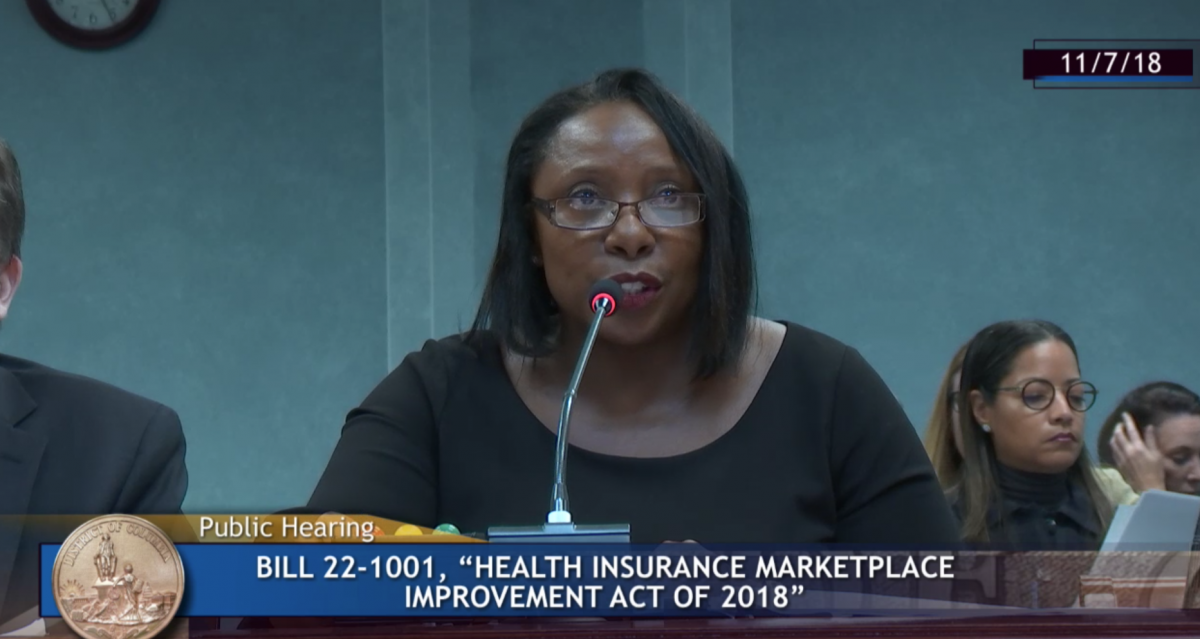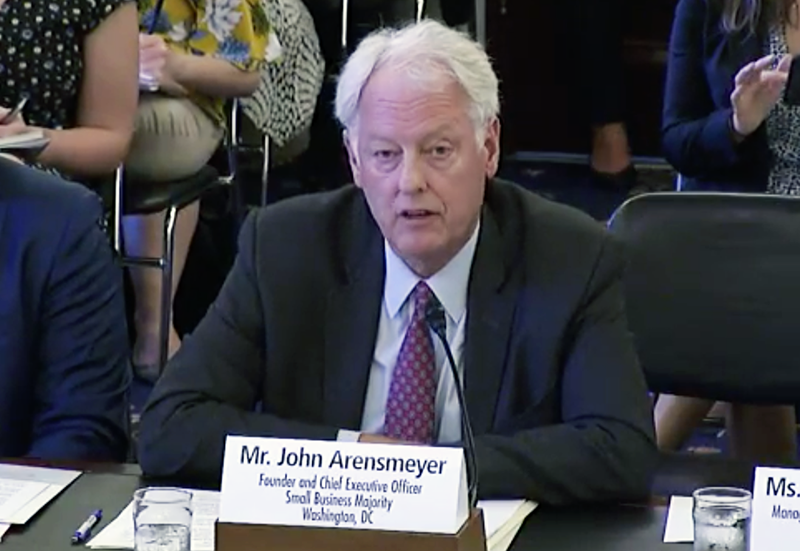On December 28, Small Business Majority submitted comments to the Internal Revenue Service regarding proposed regulations for the operation of Opportunity Zones, a new program designed to increase investment in low- and moderate-income communities. Small Business Majority's comments emphasized the need for improvements to the regulations to ensure they benefit Main Street small businesses.
Policy Statements
On December 26, Small Business Majority submitted comments to the U.S. Departments of the Treasury, Labor and Health and Human Services regarding proposed changes to regulations governing the use of health reimbursement arrangements (HRA). The comments argued that HRAs should not be expanded to allow for use in purchasing coverage through association health plans (AHPs) or short-term insurance plans, as these plans do not offer quality coverage and destablize insurance marketplace for other small business owners and their employees.
On November 14, Small Business Majority submitted comments to the Office of Comptroller of the Currency regarding a proposed rule amending regulations for the Community Reinvestment Act. The letter provides feedback and suggestions to strengthen the proposed rule in order to better stimulate small business lending.
 LaJuanna Russell, founder and president of Business Management Associates, Inc. (BMA) and the Chair of the Board of Directors and a member of the Small Business Council for Small Business Majority testified on November 7, 2018 before the District of Columbia City Council on measures being considered to improve healthcare marketplaces in D.C.
LaJuanna Russell, founder and president of Business Management Associates, Inc. (BMA) and the Chair of the Board of Directors and a member of the Small Business Council for Small Business Majority testified on November 7, 2018 before the District of Columbia City Council on measures being considered to improve healthcare marketplaces in D.C.

On October 3, Small Business Majority CEO John Arensmeyer testified before the U.S. Senate Committee on Small Business and Entrepreneurship on "Expanding Opportunities for Small Businesses Through the Tax Code." The testimony offered proactive solutions for tax reform to encourage entrepreneurs to start and grow their businesses, including ways the Opportunity Zones program can be targeted to benefit small businesses.
Small Business Majority submitted a letter in support of SB 1235, which would become the first small business truth in lending law in the country. The bill would standardize disclosure of financing terms offered to small businesses to better inform borrowers about the financial implications of their loan offers, and it would serve as a model for other states to follow to better serve their small businesses.
Small Business Majority writes in support of the California Assembly's version of the GO-Biz budget, which would provide an additional $3 million to small business technical assistance providers, including the Minority Business Development Centers, the Women’s Business Centers, the Procurement Technical Assistance Centers and the Veterans Business Outreach Centers. These funds will be used to expand their capacity to provide vital one-on-one counseling and training to businesses and entrepreneurs.
Small Business Majority writes a letter in support of California bill AB 2023, which would make the existing Child and Dependent Care Expenses Credit refundable so low- and moderate-income working families can benefit from a tax refund that will help defray the rising costs of child care. This will help put money back in the pockets of working families in the state of California who are struggling to afford the child care they need to participate in the workforce.
The Virginia General Assembly boosted small businesses on May 30 when it voted to expand the state’s Medicaid program as part of a budget plan. Giving more people access to affordable healthcare will level the playing field for small firms, foster a workforce that is healthier and more productive and direct additional funds to the state’s economy.
WRITTEN STATEMENT BEFORE THE HOUSE COMMITTEE ON WAYS AND MEANS TAX POLICY SUBCOMMITTEE HEARING ON
“TAX REFORM AND SMALL BUSINESSES: GROWING OUR ECONOMY AND CREATING JOBS”
May 23, 2018
